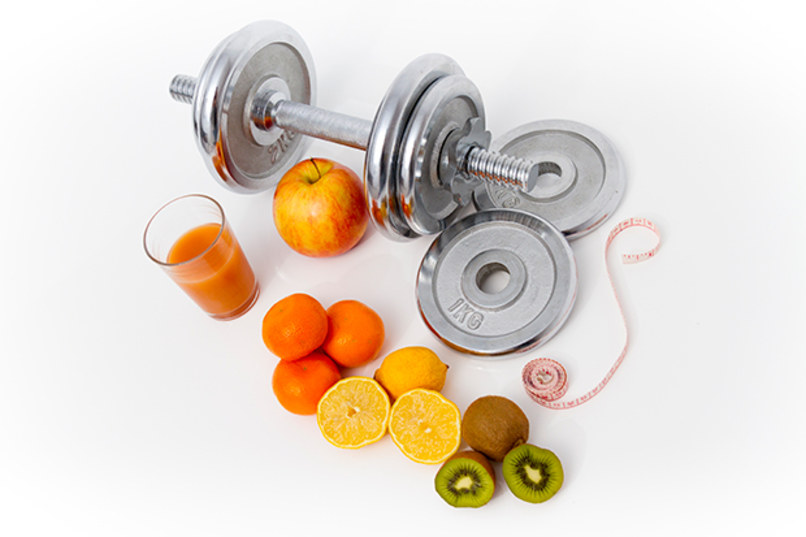
Want to get more out of your workout? You’ve got to start eating like it.
“If you don’t fuel properly, you’ll never train optimally and never maximize the time you spend training,” says Susan Kleiner, Ph.D., R.D., author of Power Eating and a sports nutrition consultant to top NFL, NBA, and Olympic athletes.
That’s because what, when, and how you eat not only keeps your muscle cells primed with the energy they need to help you torch fat and build muscle, it acts as a messenger to your brain, which calls the shots on how many calories you can burn, she says.
Follow these six fueling tips to start getting the fitness results you want:
Schedule Your Workouts a Couple of Hours After a Meal
Sure, you’re going to top off your tank right before your workout, but it’s still wise to get in a solid meal of complex carbohydrates, lean protein, and healthy fat within a couple hours of your workout. However, solid doesn’t mean huge. You want your food to have an opportunity to be partly, if not totally, digested before you head to the gym, says certified health and fitness specialist James Dubberly, founder of Whole Body Fitness Personal Training in Portland, Oregon. Some ideas: chicken and rice, a peanut butter and jelly sandwich, or some Greek yogurt with fresh fruit.
Carb Up
“Some of the best pre-workout foods are high in carbohydrates and low in fat and fiber; foods that are easy to digest that also top off your carbohydrate stores so you have enough energy to work out hard,” says board-certified sports dietitian and certified strength and conditioning coach Marie Spano. And the simpler the carbohydrates, the better. That way, they will empty from your stomach faster and spike your blood sugar, which you actually want right before your workout to max out your intensity. As Dubberly says, “fat burns in a flame of carbohydrates.”
About 30 to 60 minutes before your workout is a good time to hit the carbs, but feel free to play with the exact timing to find what works best for you. Every person’s stomach is different. If you are hankering for a surgary splurge, 30 to 60 minutes before your workout is the time to dig in, Albert says. “Instead of an energy bar have a small pastry or cookie from your favorite bakery. Nutritionally there is very little difference and taste-wise, cookies are much better.”
Drink Some Coffee
Caffeine can wake up your workout. Research published in the Journal of Applied Physiology found that consuming your carbs alongside caffeine rather than solo resulted in a greater spike in muscle glycogen, stored carbs that are your first line of fuel.
Plus, contrary to popular opinion, it won’t dehydrate you, says Albert Matheny, R.D., an exercise physiologist, trainer, and nutrition coach at Soho Strength Lab in New York City. He recommends an good iced brew.
Take It Easy on Your Stomach
Every stomach is different, and some can just about explode if you don’t fuel right. If you’ve ever felt exercise-induced stomach pains, diarrhea, or vomiting, try reducing the amount of fat, protein, and fiber you eat before your workout, as all can slow digestion and mean working out with a full stomach, Matheny says. If you are sticking to carbs and still not having luck, Kleiner recommends trying some JELL-O. It’s basically just sugar and is easy on the stomach, hence why it’s so popular among hospital patients.
Reach for Supplements
Sports gels, blocks, and drinks exist for a reason. They are pure carbs and electrolytes, meaning they will fuel you up without weighing down your stomach. Most contain maltodextrin, a fast-digesting carb that works pretty well for most people. However, Vitargo, which is all starch, empties from your stomach and reaches your muscles even faster, Kleiner says. Fuel up 30 minutes before training and every 30 minutes during long, hard workouts.